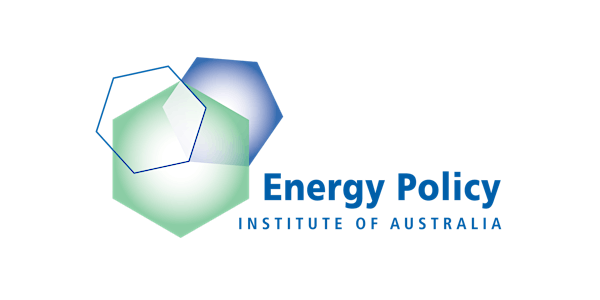
What will happen in 2018 to the electricity industry in Australia and abroad?
Date and time
Location
Piper Alderman
Level 23, Governor Macquarie Tower 1 Farrer Place Sydney, NSW 2000 AustraliaRefund Policy
Description
An invitation to EPIA Members and friends to a late-afternoon Executive Briefing on:
What will happen in 2018 to the electricity industry in Australia and abroad?
- 2017 brought disruption to the electricity industry around the world.
- 2018 is shaping up as a game-changing year for generators, power system operators, network operators, market participants and regulators.
- How will energy policy be integrated with climate policy, transport policy, industrial development and export trade?
- What long term role will there be for fossil fuels and nuclear power?
- What is the future for Australia’s National Energy Guarantee (NEG) scheme?
Panel Discussion with:
- Dr Ron Loveland, Energy Adviser to the Welsh Government
- Dr Liz Develin, Deputy Secretary of the NSW Department of Planning and Environment
- Dr Jonathan Mirrlees-Black of Cambridge Economic Policy Associates
Date and Time: Tuesday 23 January 2018 at 4pm until 5.30 pm followed by refreshments
Venue: Piper Alderman, Level 23 Governor Macquarie Tower, 1 Farrer Place, Sydney
Registration fee: $50.00 per attendee. The number of attendees will be limited to 50.
Please join EPIA for this expert panel discussion. Register early to avoid missing out.
Please note: There will be no refunds but substitutes will be welcome.
Organised by
The Institute is an apolitical, not-for-profit, energy policy body.
It provides a mechanism by which all stakeholders in Australian energy may collaborate on risks and concerns impacting on energy finance, production, supply and export, where those risks may not have been fully addressed by existing industry organisations.
It acknowledges all environmental concerns as well as the paramount interest of the public in having access to affordable, clean and secure energy.